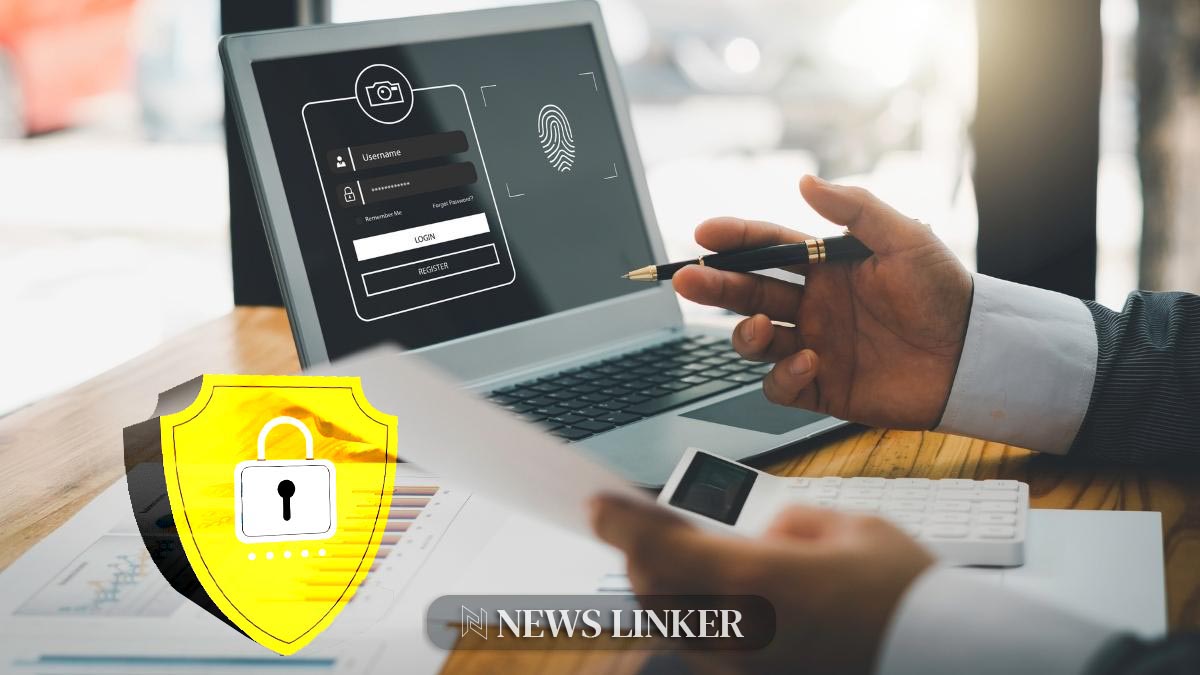The ever-changing landscape of cybersecurity demands constant vigilance from organizations to protect their assets. This weekly recap of cybersecurity news provides insights into new threats, vulnerabilities, data breaches, and countermeasures. Staying informed about recent developments helps organizations mitigate risks promptly and secure their critical assets effectively. Highlighted in this week’s news are several significant incidents and security measures that reflect the evolving nature of cyber threats.
Description of Microsoft Access
Microsoft Access is a database management system from Microsoft that combines the relational Microsoft Jet Database Engine with a graphical user interface and software development tools. It was first released in November 1992. Microsoft Access stores data in its own format based on the Access Jet Database Engine. It can also import or link directly to data stored in other applications and databases. Initially launched as part of the Microsoft Office suite, Access aids in creating user-friendly databases for both novice users and developers.
Recent cybersecurity news details incidents involving Microsoft Access documents exploited to run malicious programs, causing data theft and file loss. Hackers have used emails containing ZIP archives with malicious EXE and ACCDB files. These files contain macros that execute PowerShell commands to download malware like RMS or TALESHOT. The Ukrainian cyber threat group, UAC-0006, has used such methods to spread SMOKELOADER malware, prompting CERT-UA to initiate countermeasures and advising companies to enhance their security strategies.
Storm-0539 Gift Card Theft
Another highlighted threat involves the Moroccan group Storm-0539, noted for their aggressive campaigns targeting gift card producers. Using sophisticated reconnaissance and custom phishing emails, they create and sell fraudulent gift cards on dark web markets. Recommendations to combat these threats include vigilant monitoring, implementing conditional access policies, and using FIDO2 security keys to enhance security.
Kinsing Malware Campaign
The discovery of Kinsing malware targeting misconfigured Apache Tomcat servers emphasizes the importance of regular system configuration checks. The malware deploys a web shell script for remote command execution on compromised servers, aiming to distribute botnet malware and cryptocurrency miners. Effective mitigation includes proper environment configuration and frequent threat scanning.
Concrete Inferences
– Microsoft Access documents are vulnerable to exploitation through embedded macros.
– Financially motivated groups like Storm-0539 employ sophisticated phishing attacks for fraud.
– Misconfigured servers remain a significant target for malware like Kinsing.
– Proactive cybersecurity measures are critical to defend against evolving threats.
Comparing recent cybersecurity news with past reports reveals a pattern of increasing sophistication in cyber-attacks. In earlier years, simple phishing attacks were prevalent, but current trends show a shift toward complex, multi-stage operations. Hackers now use advanced techniques like reconnaissance, sophisticated phishing, and exploiting server vulnerabilities. This evolution underscores the need for continuous improvement in cybersecurity defenses and the adoption of advanced security measures.
Monitoring past incidents also shows the persistence of certain threat actors and the expansion of their operations. Groups like Storm-0539 and Sharp Dragon have not only persisted but have also adapted their strategies to target new regions and industries. This adaptability makes them particularly dangerous and highlights the importance of keeping abreast of their tactics to implement effective countermeasures.
Effective cybersecurity measures demand a proactive approach. Organizations need to stay informed about evolving threats and continuously update their defense mechanisms. Regularly reviewing and enhancing security protocols, conducting system audits, and employing advanced security tools are essential strategies. The importance of cybersecurity cannot be overstressed, as it plays a crucial role in safeguarding sensitive information and maintaining the integrity of IT infrastructures.










